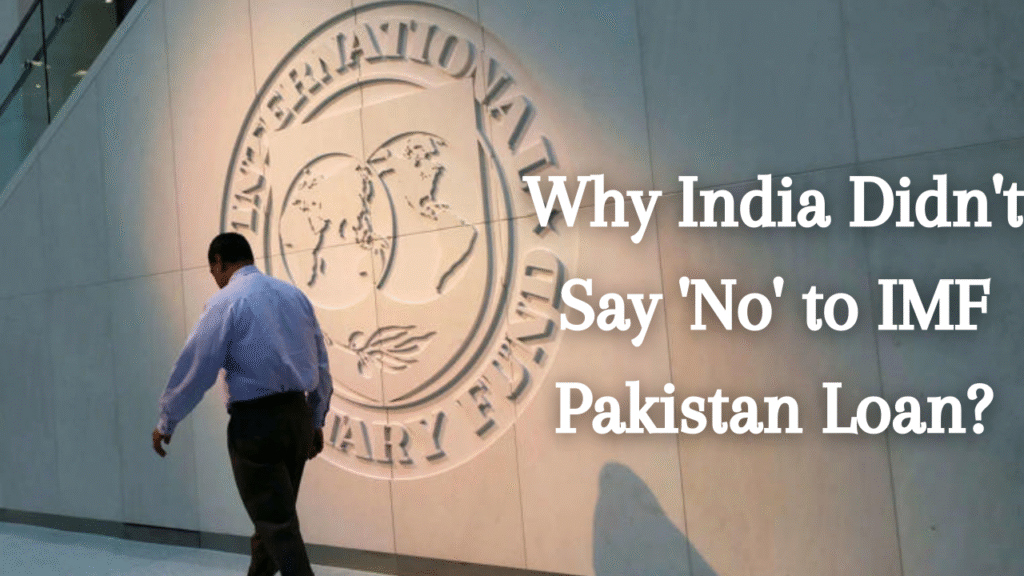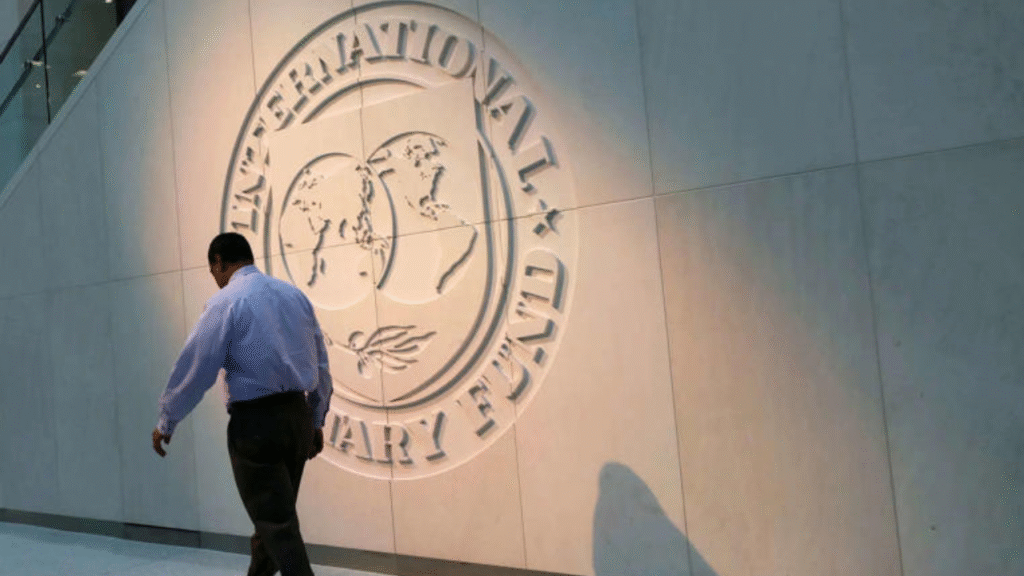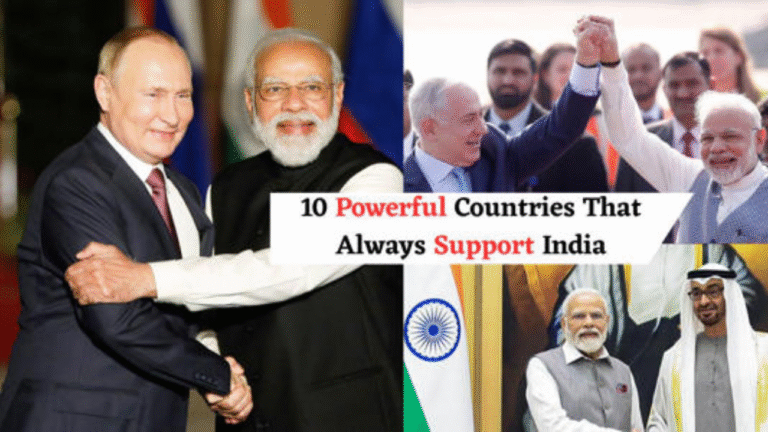
India Chose to Abstain on IMF Vote for Pakistan: A Strategic Diplomatic Move
India chose to abstain from voting during Friday’s International Monetary Fund (IMF) Executive Board meeting, where the first review of Pakistan’s economic reform programme under the Extended Fund Facility (EFF) was approved. Even though India raised serious objections, the IMF still gave the green light for a payout of $2.1 billion (SDR 1.52 billion) to Pakistan.
📉 Why India Opposed IMF Aid to Pakistan

India laid out its concerns during the meeting, pointing to
- Pakistan’s poor economic track record
- A high likelihood of fund misuse, especially for state-sponsored terrorism
- The dominance of Pakistan’s military in economic governance
New Delhi’s stand was clear: don’t feed the problem. IMF funds, India argued, won’t lead to reform but could fuel cross-border terror and military control.
🔍 IMF Rules and Why a ‘No Vote’ Wasn’t Possible
Under IMF rules, member nations cannot vote “No”. Instead, abstaining is the only way to signal disapproval. India’s abstention, amid rising Indo-Pak tensions, is being seen as a tactical protest within the bounds of the system.
While the United Nations gives every country an equal vote, the IMF bases voting power on economic size, meaning nations like India carry more influence.
📊 India Calls Out Repetitive, Ineffective IMF Aid Pattern
India highlighted a damning statistic: Pakistan has received IMF aid in 28 of the past 35 years, including four separate programmes in just the last five years. Yet, it has consistently failed to deliver meaningful reforms.
India emphasised that this cycle of “bailout without accountability” is not only unproductive but also dangerous for the credibility of global financial institutions.
The Military Problem: Pakistan’s Internal Roadblock
One of India’s strongest points was the entrenched role of the Pakistani military in economic matters. India warned that this undermines
- Transparency
- Civilian oversight
- Sustainable reform
The argument: as long as the military pulls the economic strings, civilian governance—and any chance at reform—remains superficial at best.
⚠️ Terror Financing: A Global Red Flag
India didn’t hold back on linking this loan to terror financing. It warned that global financial support for a state sponsoring terrorism sets a dangerous precedent. New Delhi argued that any aid, without enforcing accountability, could erode the IMF’s credibility and legitimize misuse of global funds.
🌍 A Message to the World: Accountability First
This wasn’t just about Pakistan. India’s move sends a broader message to international institutions:
Multilateral aid must come with strings—reform, accountability, and transparency.
In short, India abstains on the IMF vote for Pakistan, but the real vote was a loud “No” to blind financial handouts without reform.


